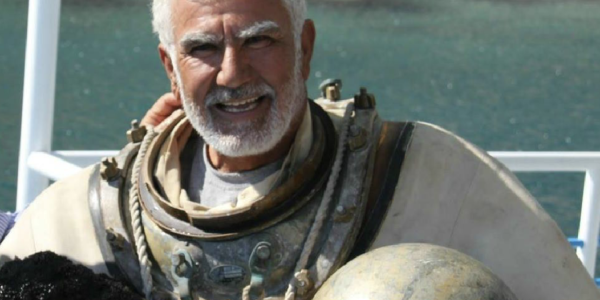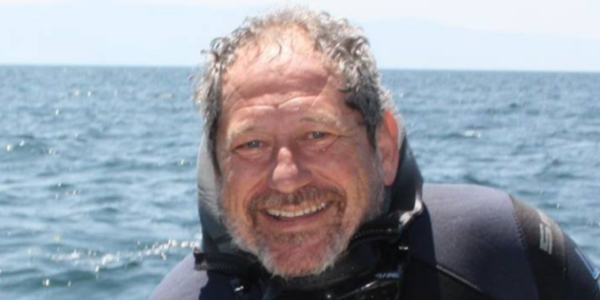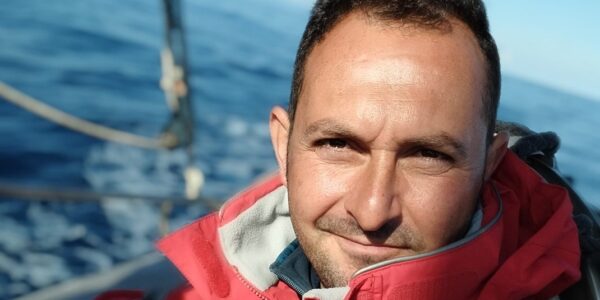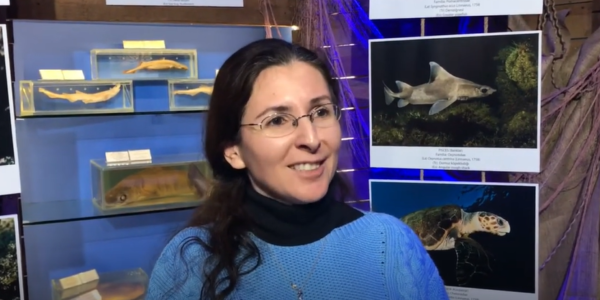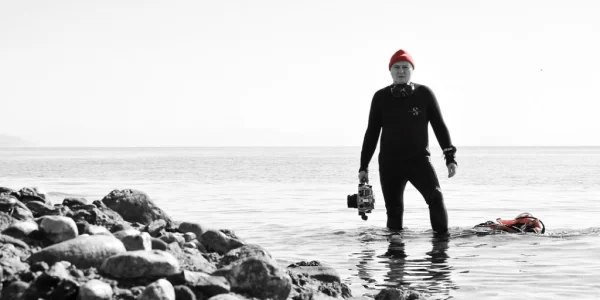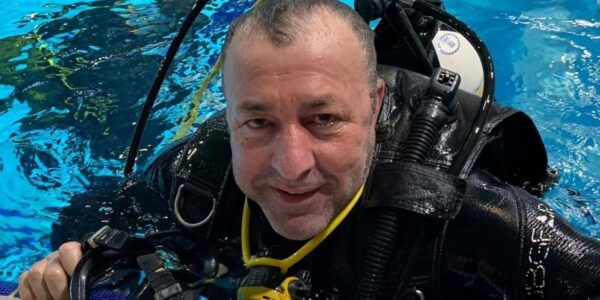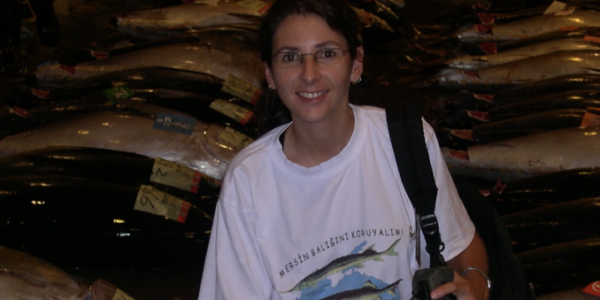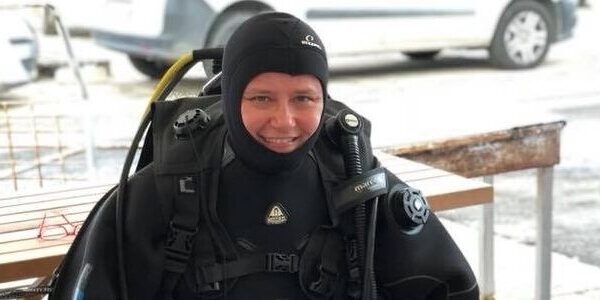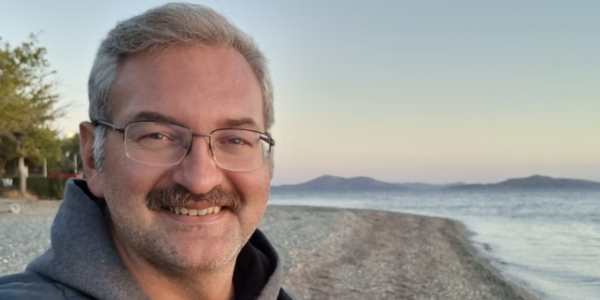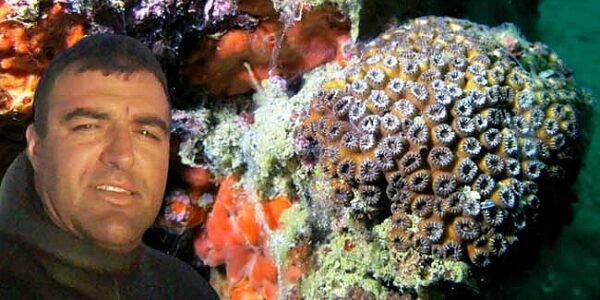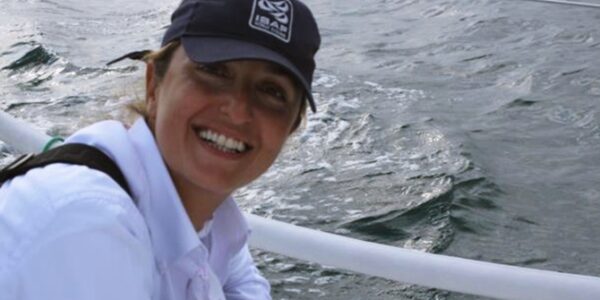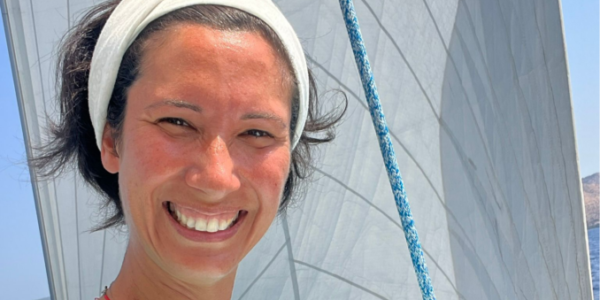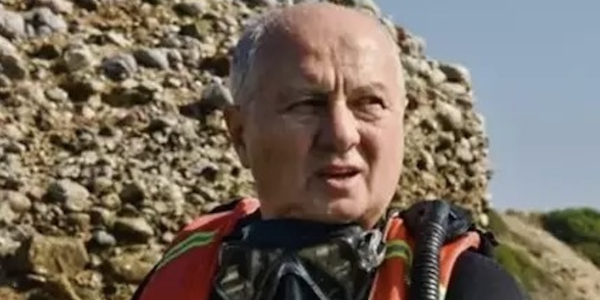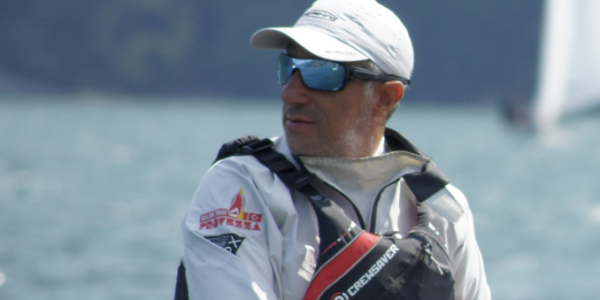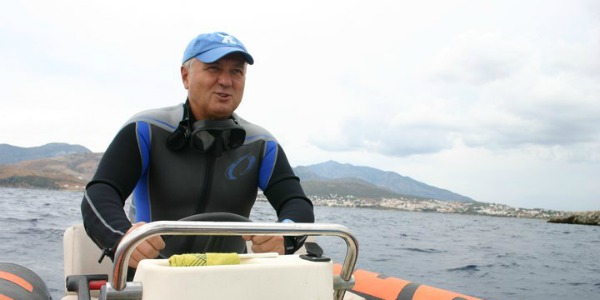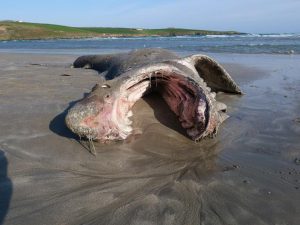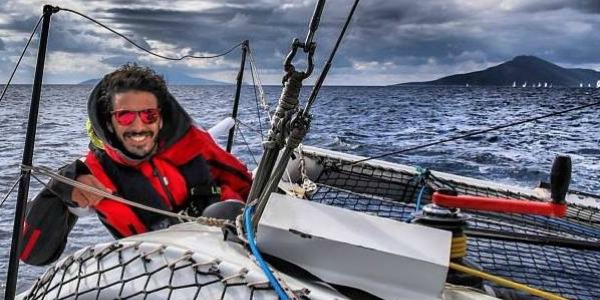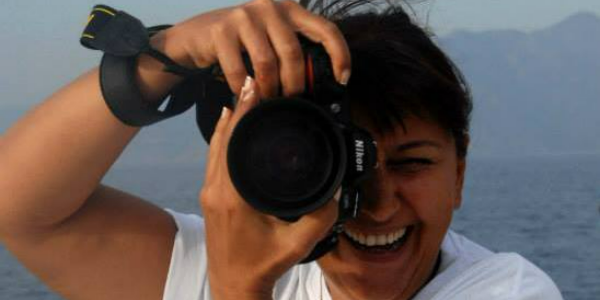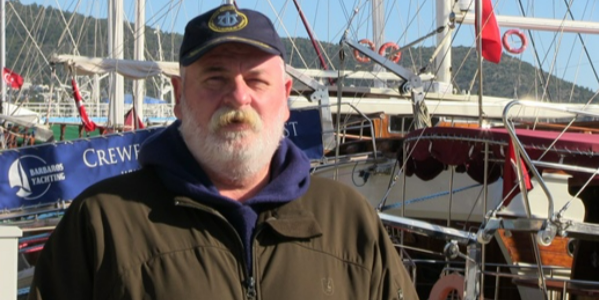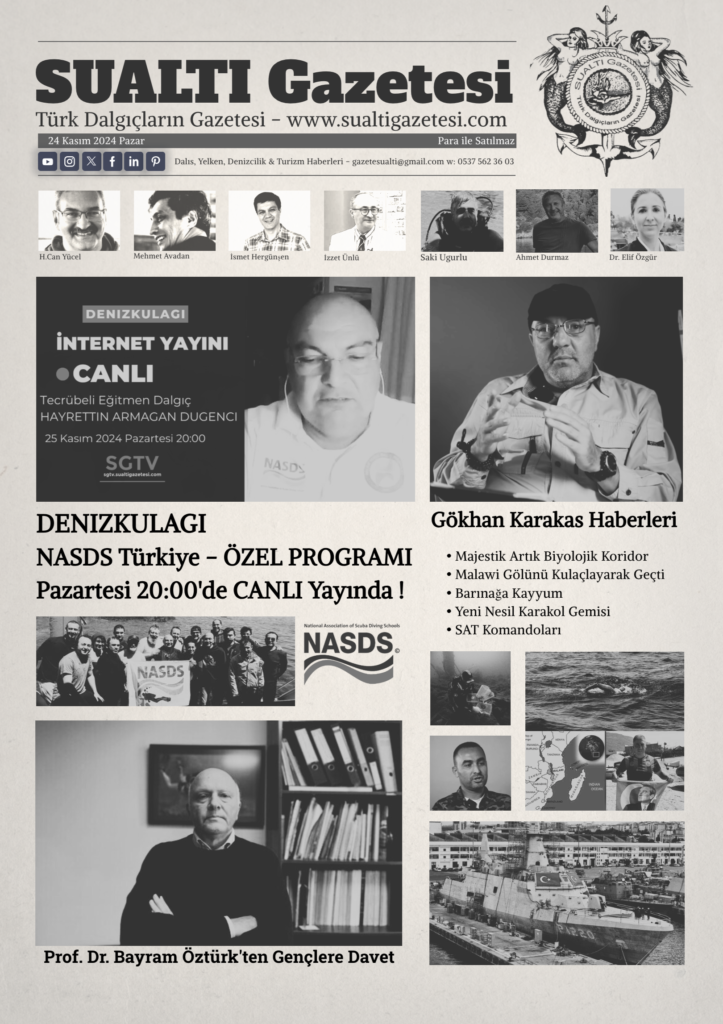Ralph Riegel
MARINE biologists are to conduct tests to try to solve the mystery over the death of two large basking sharks whose carcasses have washed up on Cork beaches over the weekend.
The two sharks – which washed up on beaches 25kms apart over the past of three days – were discovered after remarkable video footage was posted of large numbers of basking sharks feeding in waters off the south west coast over recent weeks.
It is believed that the warm weather brought the basking sharks so close to shore as they followed the shoals of marine life they feed on.
Marine experts have already completed an anatomical study of one basking shark in the hope of determining how it died – and critical elements of its lifestyle.
Trinity College Dublin (TCD) marine biologist Dr Nicholas Payne said it offered a unique opportunity to gain clues as to the lifestyle of the gentle giants of the sea.
Researchers also hope to solve the mystery over precisely how the basking sharks died.
“It is a sad event but this basking shark that washed up in Cork over the weekend provided valuable information on the physiology and anatomy of these incredible animals. More knowledge equals more conservation,” he said.
One shark was found washed up on a beach at Inchydoney on Friday while the second was discovered on Sunday at Courtmacsherry.
The first carcass was that of a seven metre long female. It is believed the second carcass is that of a male.
The discovery was alerted to the Irish Whale and Dolphin Group who immediately notified wildlife groups, Cork Co Council and TCD marine biologists.
A special team travelled to west Cork over the weekend to perform an anatomical survey of the carcass.
After completing the study, the carcass was buried by council officials using a mechanical digger.
The second basking shark is believed to have been dead for some time before it was washed onto rocks just outside Courtmacsherry.
Neither shark carcass displayed any outward signs of trauma such as collision with a propeller or marine craft.
Samples have been taken and will be analysed to determine if either animal had been exposed to an infection or toxin of some kind.
The most common cause of death for basking sharks – beyond old age – is their getting caught in fishing nets.
Determining the age of the two sharks will deliver vital clues as to their lifestyle.
The basking shark, scientifically known as Cetorhinus maximus, is the second-largest living shark and fish after the whale shark.
It feeds on plankton and is a so-called ‘megamouth’ shark where its mouth is used like a giant collection point for the plankton micro-food it depends on.
Adults can reach almost eight metres in length.
Basking sharks are harmless to humans and are famous for their gentle nature.
However, overfishing has resulted in the species becoming endangered in many areas and vanishing altogether from some waters.
Source: https://www.independent.ie/
